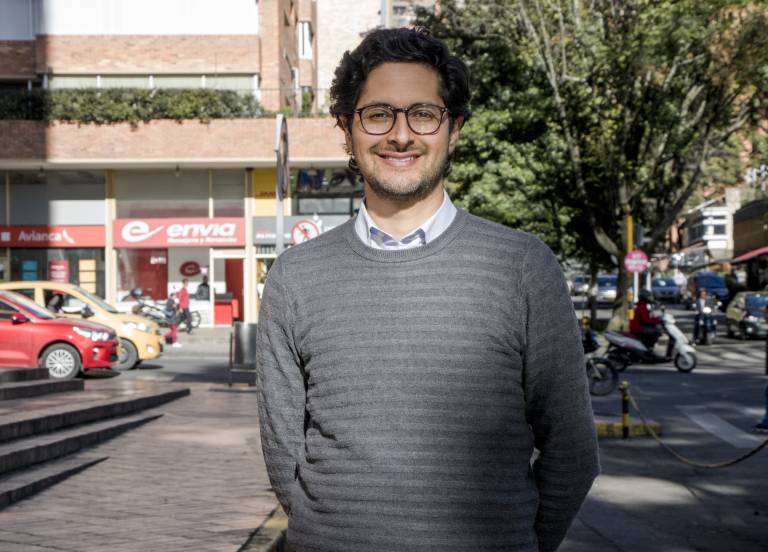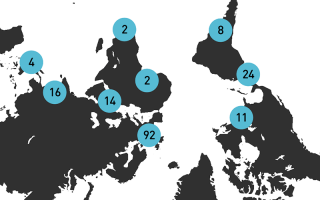Luis Hernán Sáenz García
Colombian, Graduating Class 2017

I have a BA in Architecture and a minor in Geography from the University of Los Andes, Colombia. Before joining the DPU, I worked for 3 years for the Inter-American Development Bank (IADB) in my home country and in Central America as Urban Development and Housing official. Before that I engaged in different consultancy and research projects, including the development of a joint publication between University of Los Andes and the Development Planning Unit (DPU), called Urban Mobility and Poverty. After graduating from the DPU, I came back to Colombia and joined the Como Vamos Cities Network as National Coordinator, where I have led a nation-wide advocacy effort to promote SDG Localization across Colombian Cities. Parallel to that I worked as a consultant for Bogota’s Planning Agency, collaborating with the design of Bogota´s Master Plan and the SDG Localization Strategy. During 2019, I collaborated once again with the IADB as City Coordinator for the Living Heritage program in Panama City.
Ever since I started studying Architecture I was interested in the complexity of cities and in the relationship between the built environment and social, environmental and economic processes. During my time working and researching urban development phenomena in Latin America, I grew a particular interest on the predominant role of informality and the processes and forces that shape it. This reality of Latin-American cities sparked my interest in advancing my studies not only in urban development but in a particular approach that could help me better understand informality. Due to my previous academic work with the DPU, my choice to study the Urban Development Planning program was one very easy and clear, mainly informed by the program’s particular focus on the global south and the possibility of combining theory and practice.
Studying Urban Development Planning at UCL in London was inspiring and fulfilling in many different ways. One particular expectation I was able to fulfill had to do with the possibility of engaging in debates and conversations with students and scholars from all over the world and learn from their knowledge and perspective of urban development. This, combined with the experience of working in practical projects in London and Dar Es Salaam, was both challenging and highly motivating. Our time in Dar es Salaam was extremely inspiring and allowed me to better comprehend the challenges and characteristics of urban development in a highly globalized world. Having studied Urban Development Planning has allowed me to consolidate this first ten years of my career, opening opportunities to engage in complex and challenging projects in Colombia and elsewhere. Besides this, engaging in an academic endeavor in an institution like UCL triggered my interest in considering a PhD in the near future.
Engaging in a Master’s degree program at the DPU is challenging and intense. Studying in a foreign language and with such multicultural and multi-aged group was challenging and difficult at times. In terms of the course, I consider that having practical work experience before starting the course is not only useful but necessary in order to grasp the different contents, debates and opportunities the course and the DPU offers. One particular advice I would focus on is in understanding the specific approach that the UDP program has towards urban planning. Since the main focus has to do with the role of communities in the context of informal processes, it’s important to level expectations in relationship to the type of contents and discussions one will engage in. This marks quite a difference between other planning programs around the world that are far more focused in mainstream debates.
Professional / Academic Profile Links: https://www.linkedin.com/in/luis-hern%C3%A1n-s-5074a819/
 Close
Close


